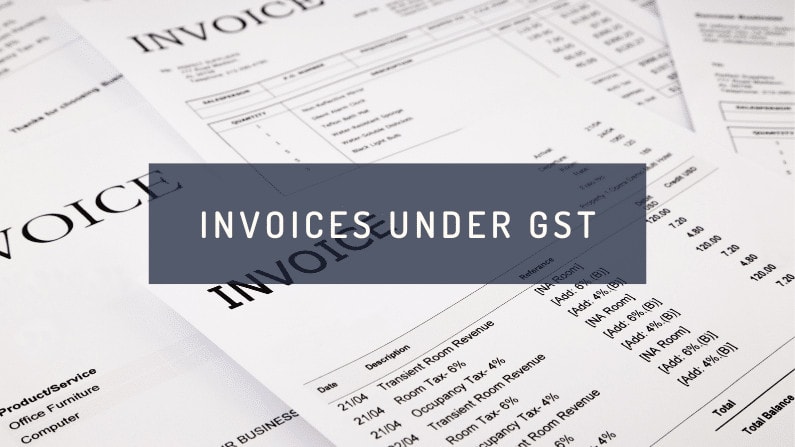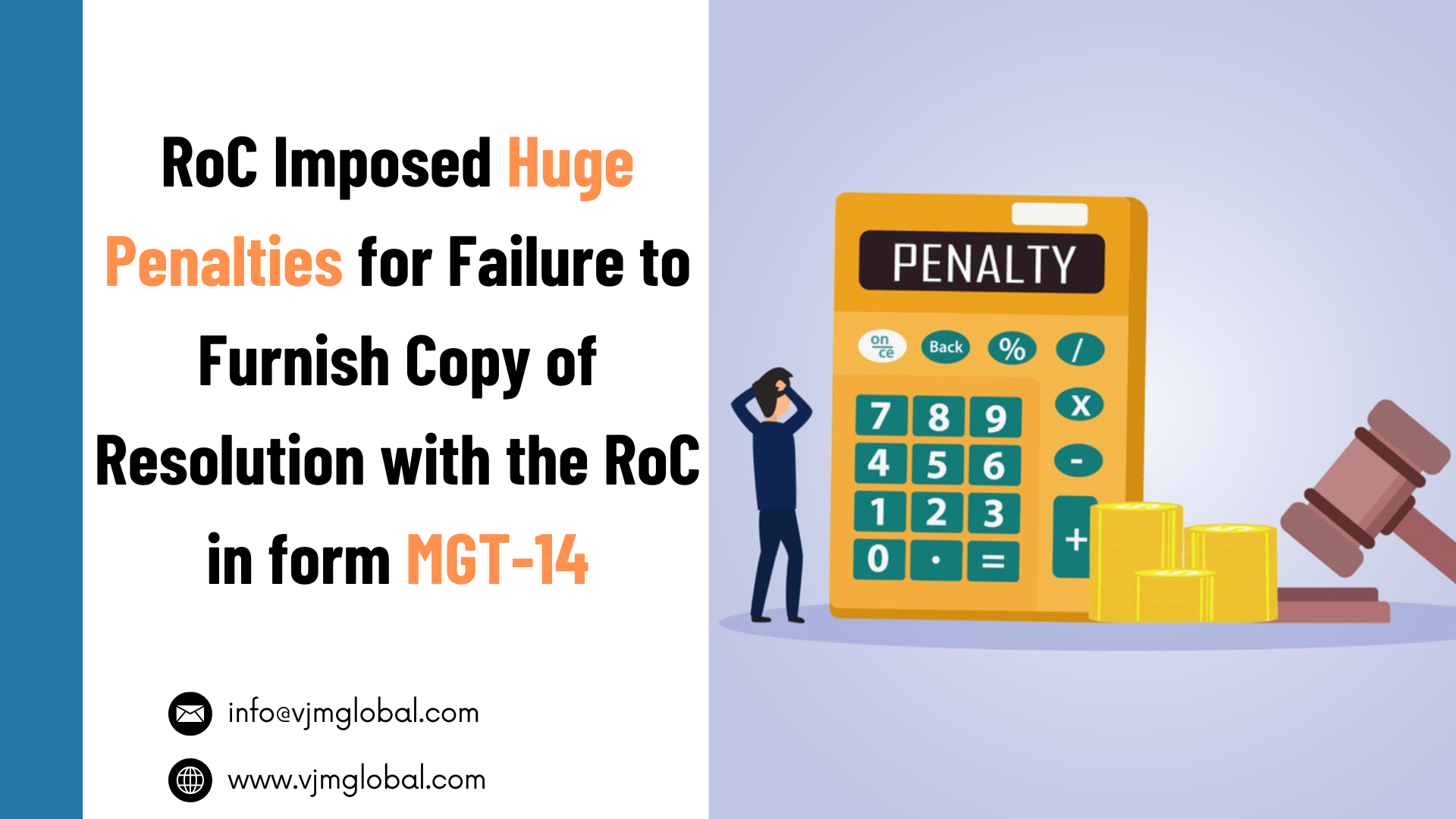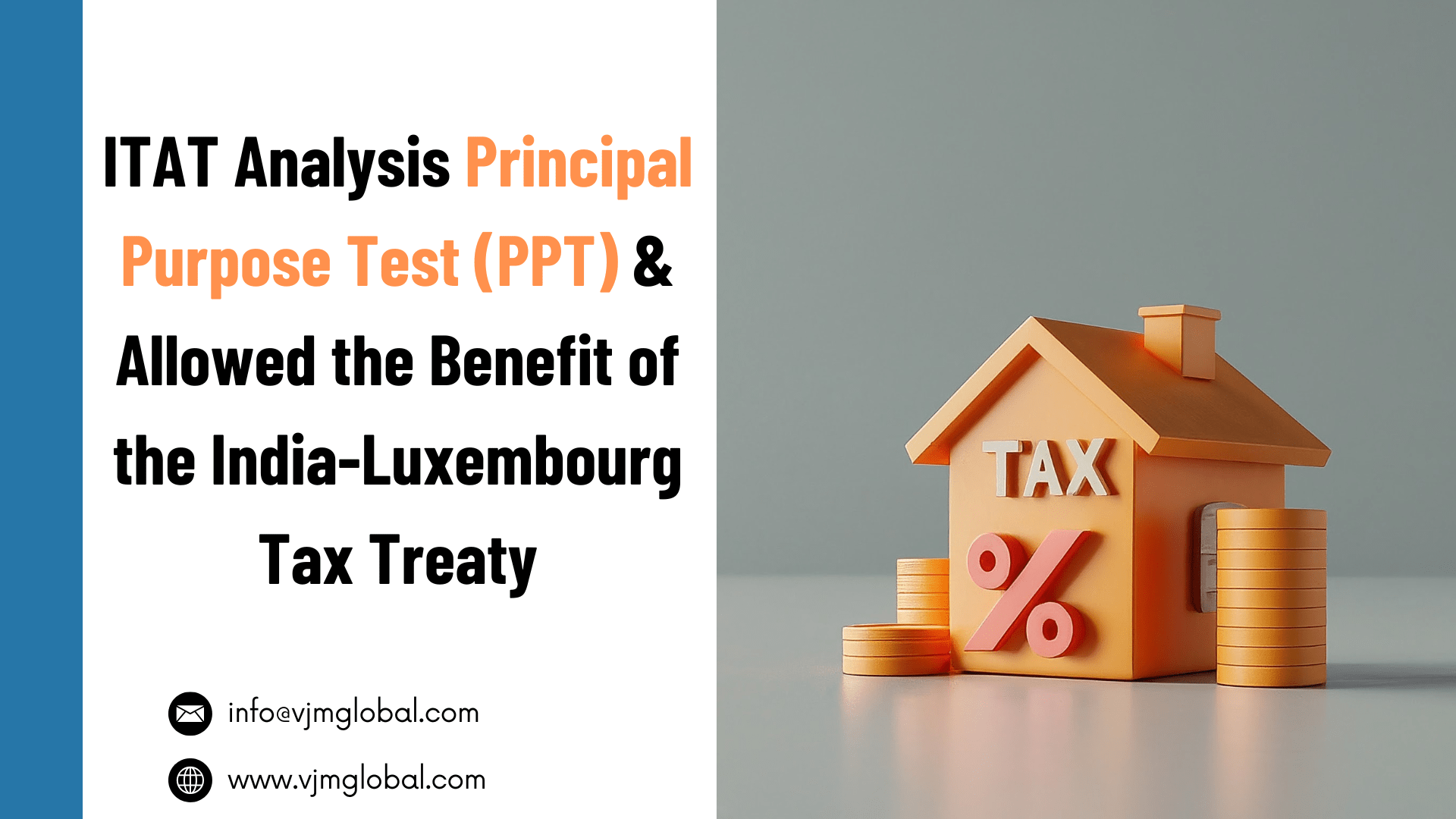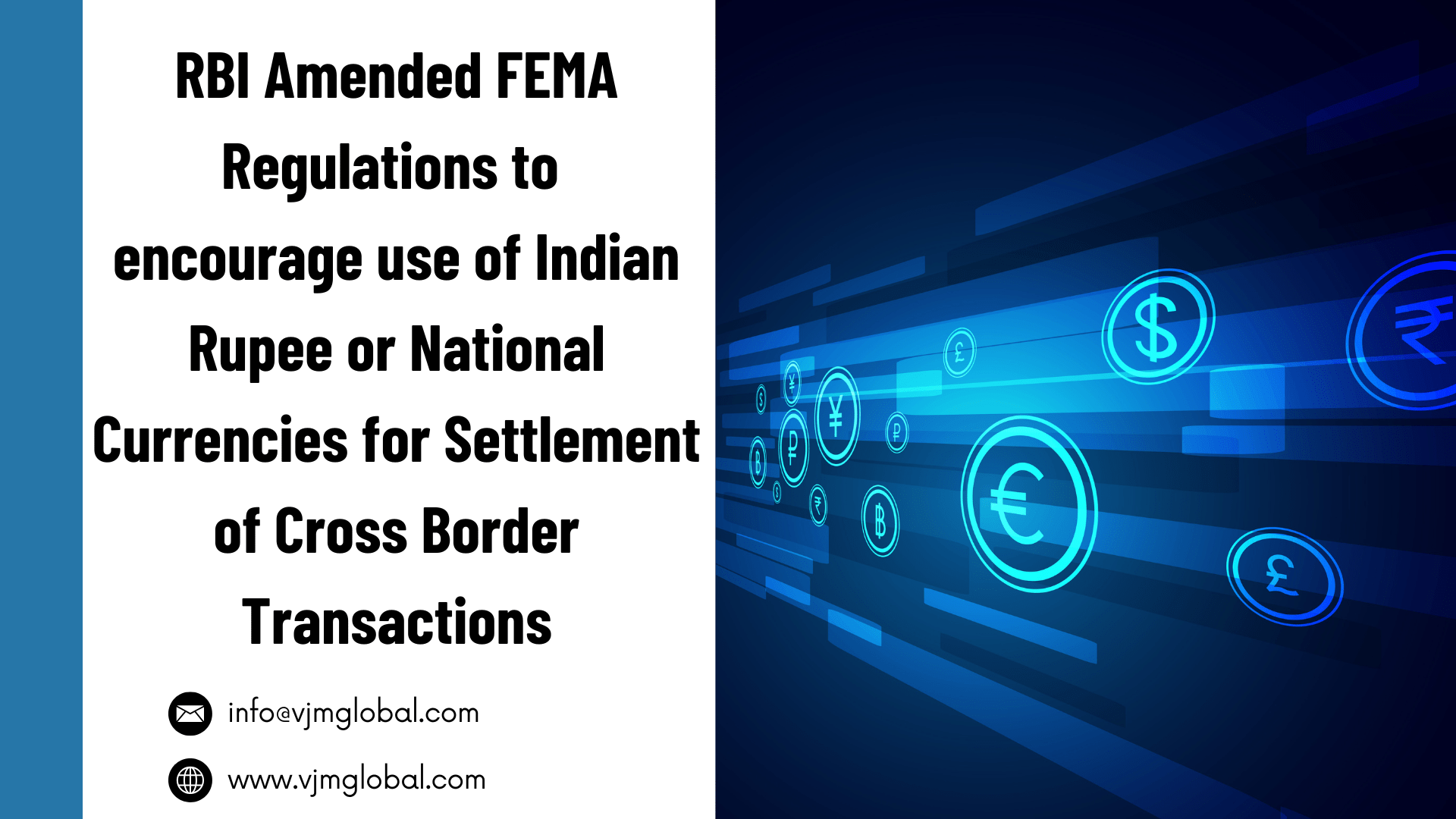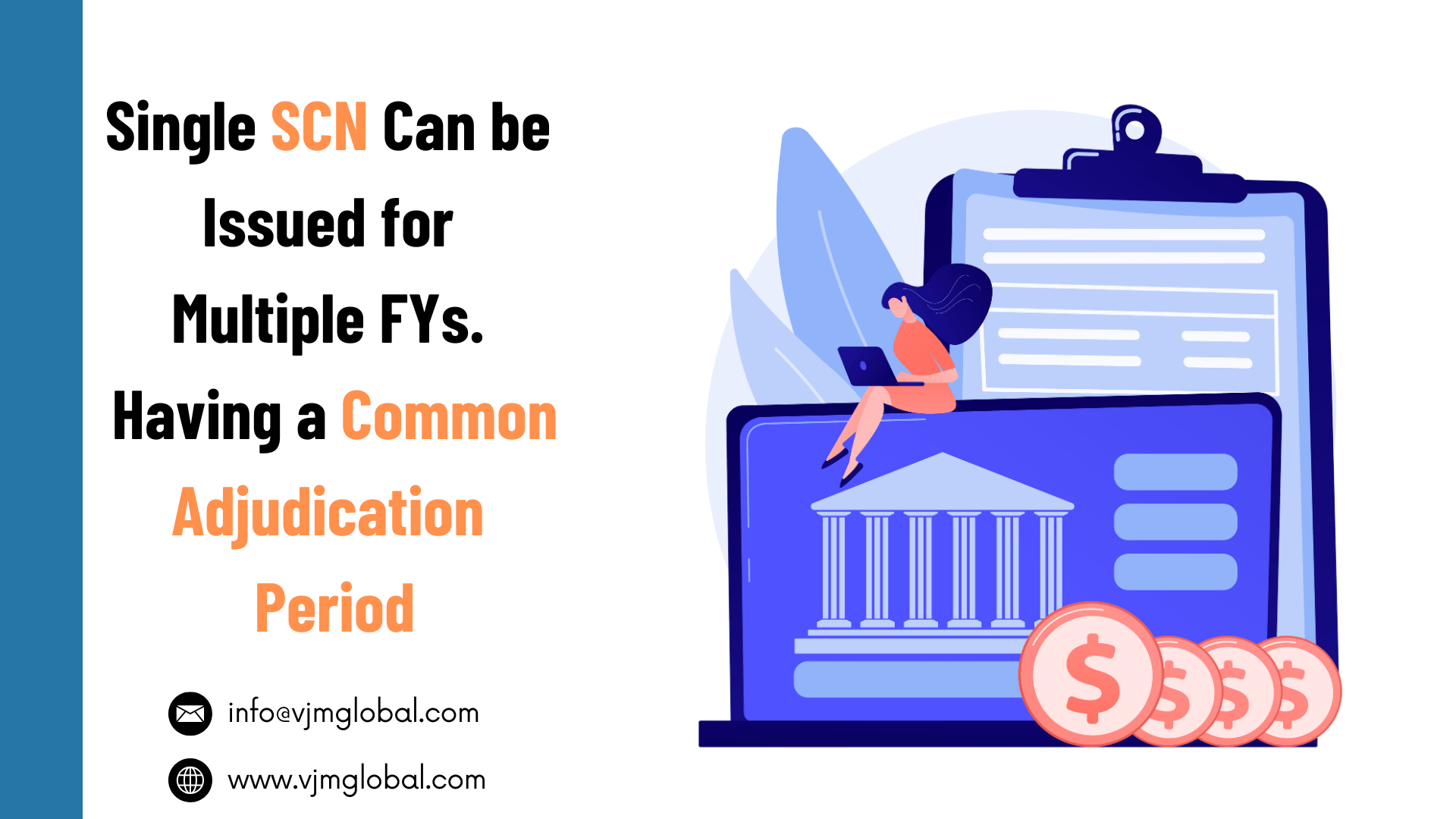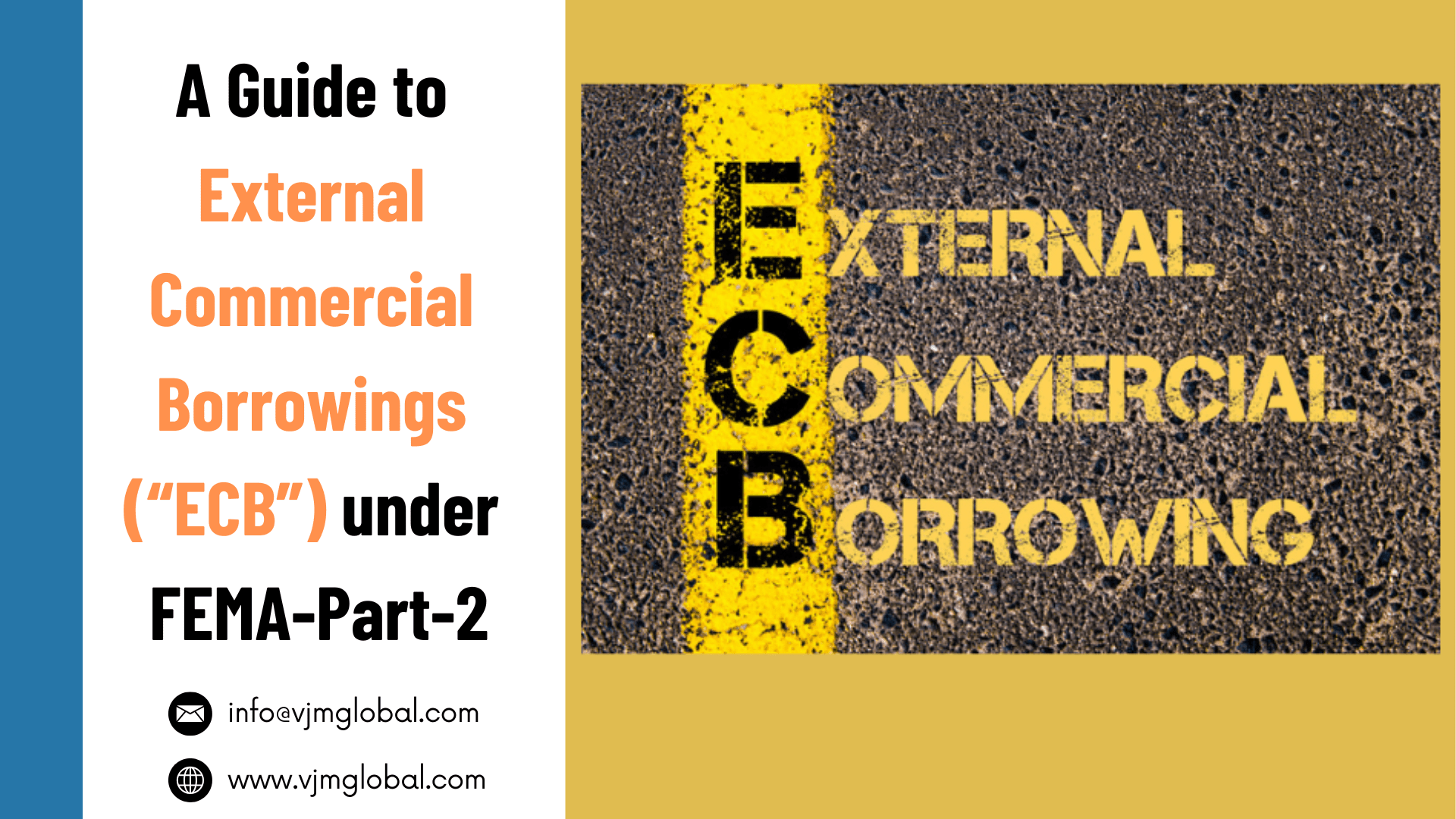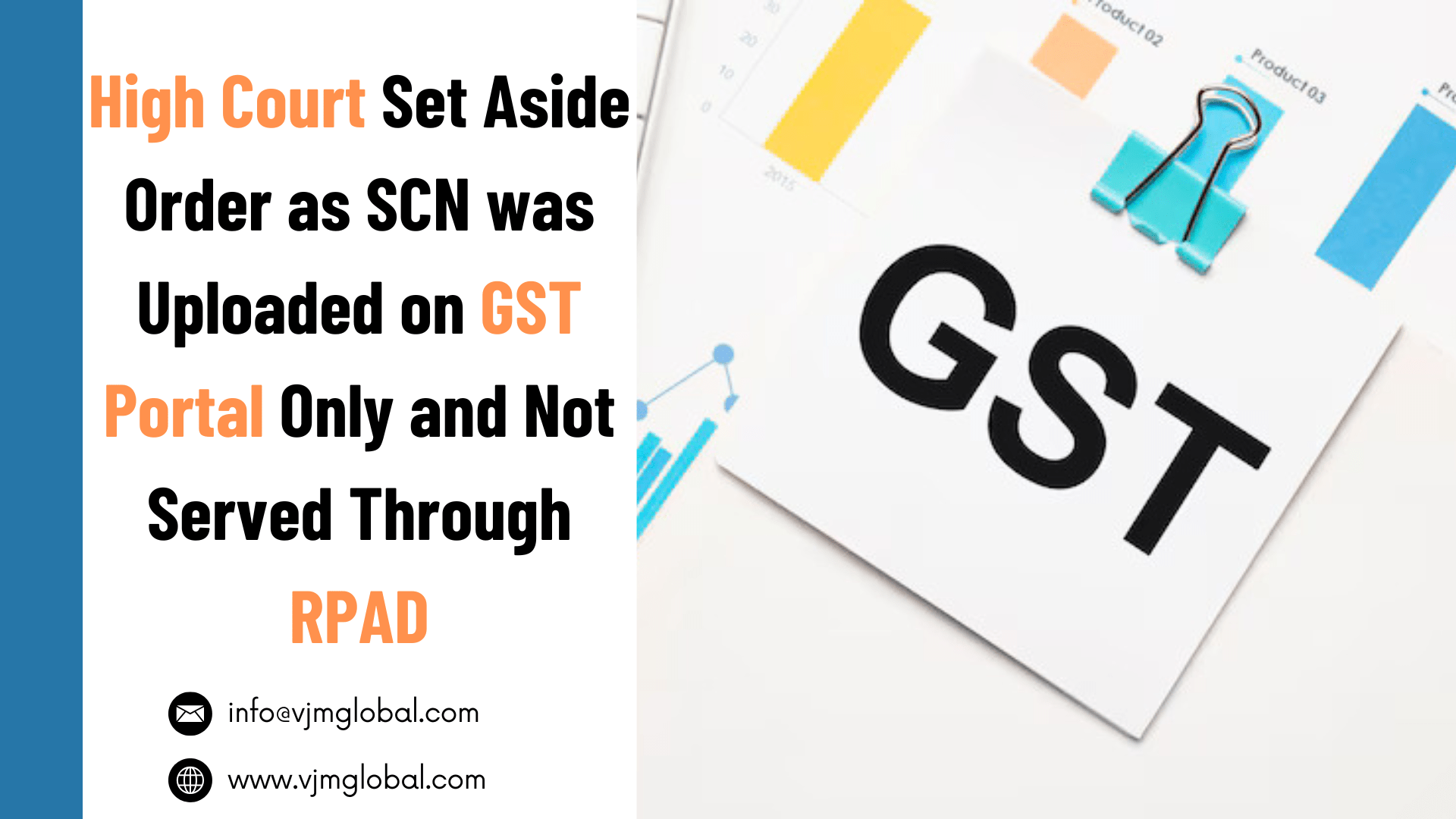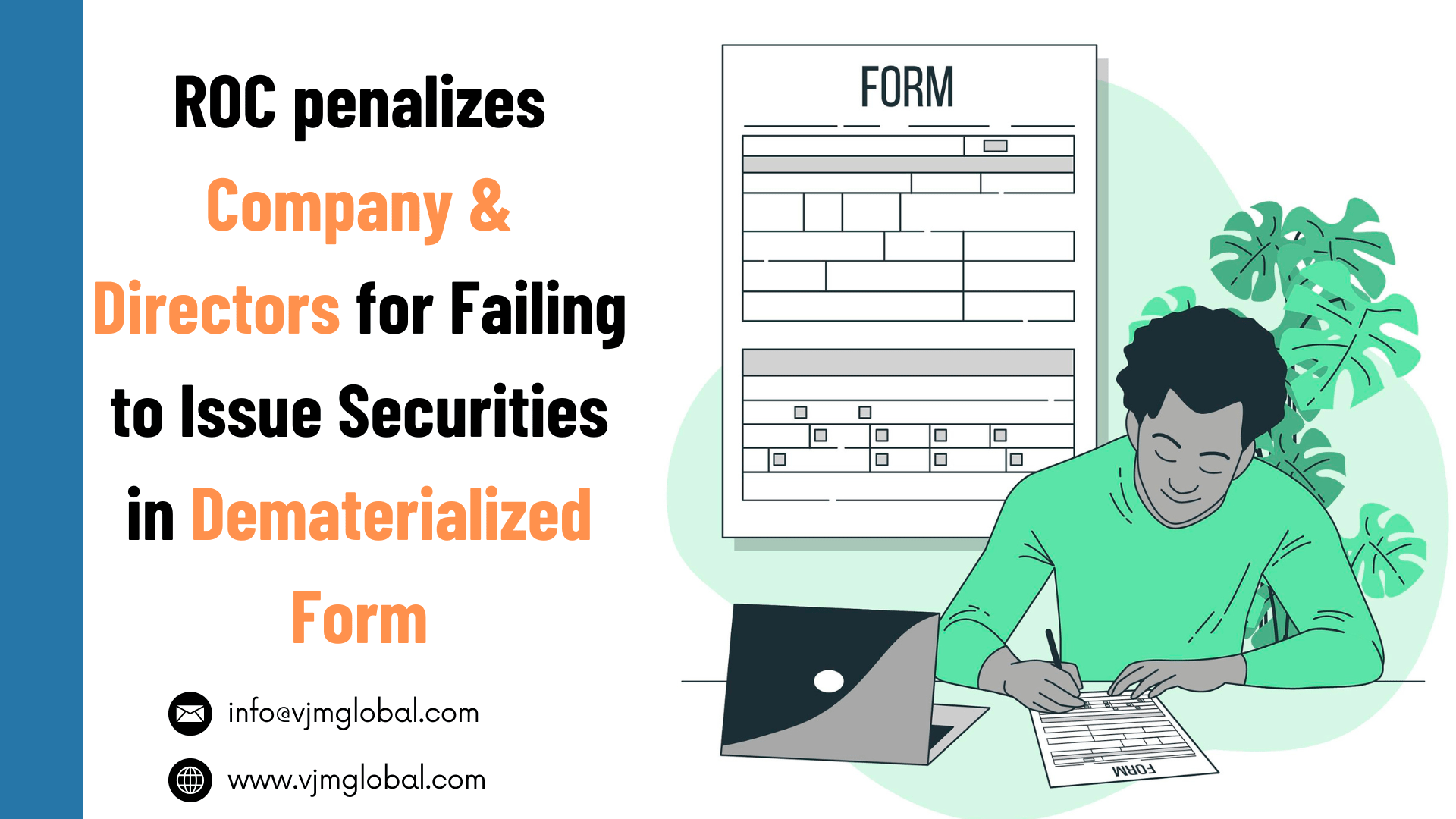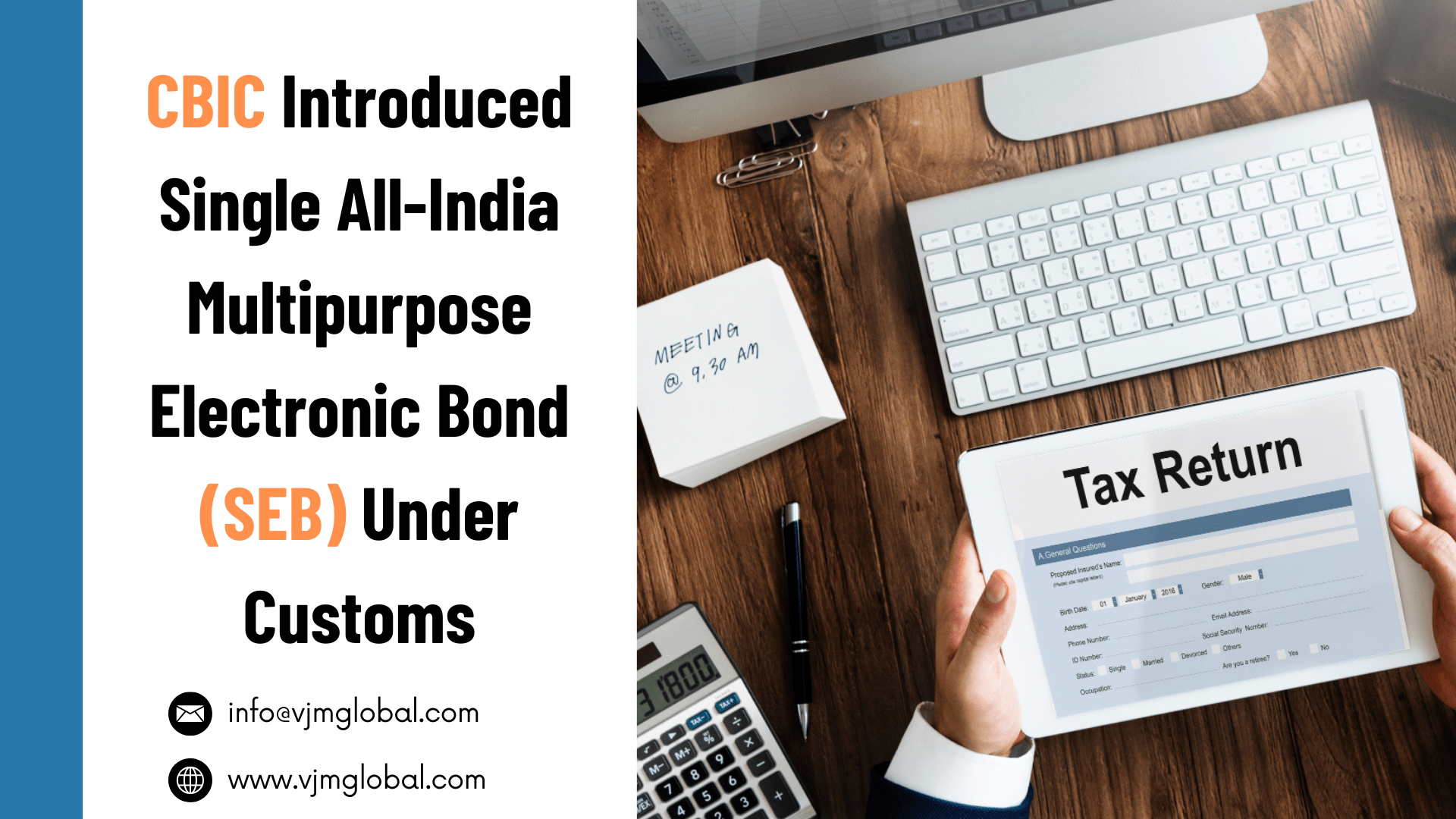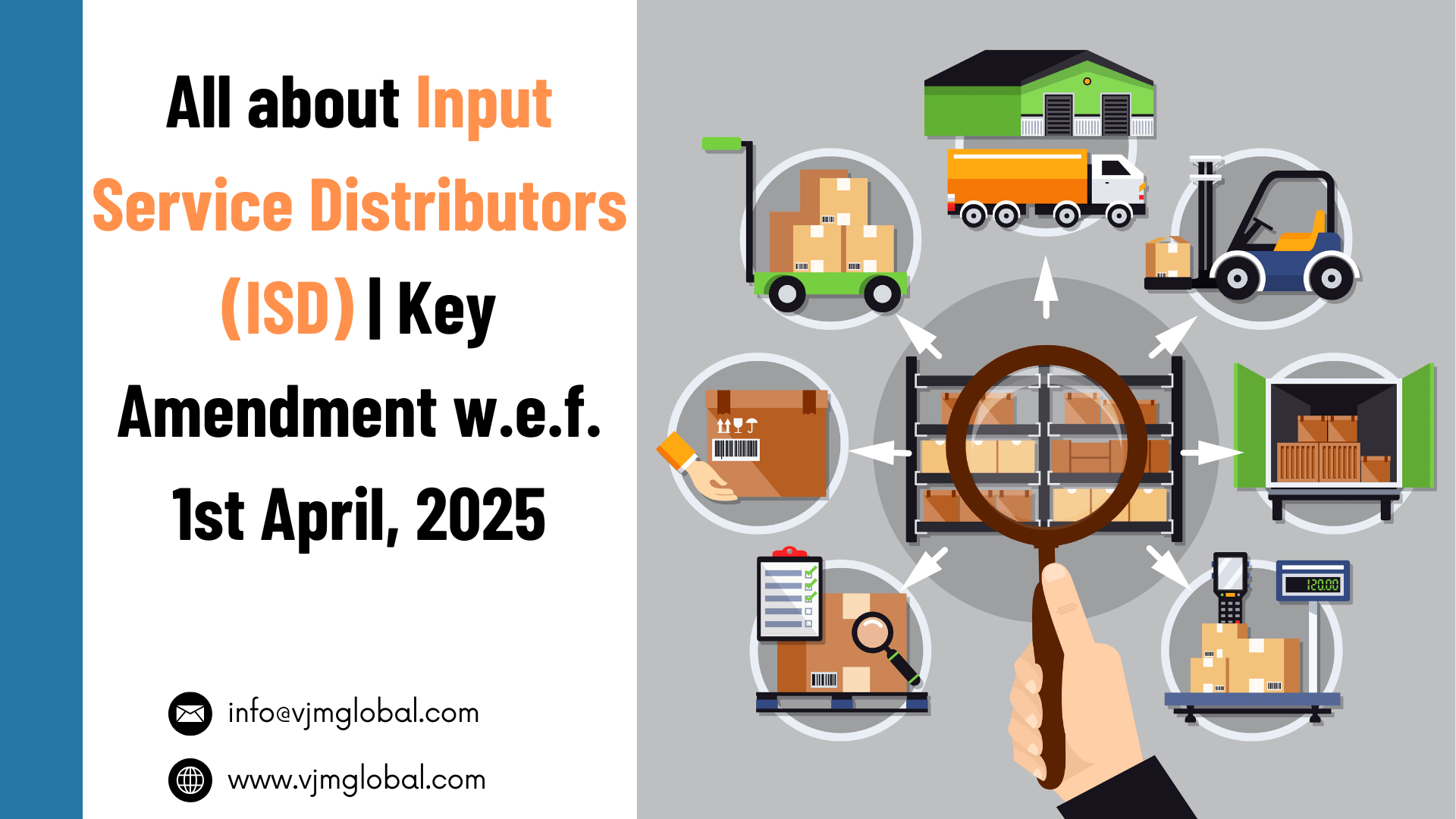Invoices appear as one of the earliest manifestations of written records. In common parlance, Invoice is a document made by a person who is selling goods or providing services and it is raised on Buyer of goods or recipient of service. Invoices under GST contains details of supplier, buyer, description of goods or services which is supplied by supplier, price, discount, terms and conditions of supply, taxes, transporters details etc. As invoice contains all details related to transactions of supply, therefore, it plays a very crucial role for ensuring proper tax compliance in the entire taxation system.
Goods and service tax (“GST”) is levied on supply of goods or services. Therefore, invoice under GST seems to be an important document as it contains details of such supply and therefore, it holds utmost importance.
Let us discuss the importance, applicability and other related issues of invoice under GST. Provisions relating to Invoice are contained under Chapter VII (section 31 to 34) of Central Goods and Service Tax Act, 2017.
1. What is Tax Invoices under GST?
Under the GST regime, an “invoice” or “tax invoice” means the tax invoice referred to in section 31 of the CGST Act, 2017. Basically a tax invoice is issued by the registered person while making a taxable supply and it contains all details related to supply such as Details of supplier, buyer, details of products, GST Charged, transporters details. Hence, unregistered persons cannot issue a tax invoice under GST.
Not only from the supplier’s point of view but from recipient’s point of view also, a tax invoice is a mandatory document for the purpose of claiming Input Tax Credit.
2. Time limit of issuance of tax Invoice under different scenarios?
Now the very first question arises: what is the due date of issuance of tax invoice under GST. A transaction of supply involves multiple steps such as receipt of purchase order, dispatch of goods for delivery to transporter, delivery of goods to the recipient and receipt of invoice value from buyer. So, what should be the point of time of generation of tax invoice.
Time of generation of tax invoice is material as liability of payment of GST arises on the date of issuance of tax invoice.
Date of issuance of the tax invoice is based on whether it is a supply of goods or services because time of issuance of invoice is different under both circumstances. Section 31 of CGST Act, 2017 defines the due date of issuance of tax invoice.
Under GST, supplier has to issue the “Tax invoice” within the given time frame as provided under sub section (1), (2), (3), (4) & (5) of section 31 of CGST Act read with rule 47 of CGST Act:
2.1 Time limit of issuance of tax Invoice in case of supply of Taxable Goods
In case of supply of taxable goods, following are the due date of issuance of tax Invoice:
| Scenarios | Due date of issuance of tax invoice |
| Where supply involves movement of goods | At the the time of removal of goods from location of supplier |
| Where supply doesn’t involve movement of Goods | At the time of delivery of goods to the recipient |
For Example:
- Mr A, Delhi supplies goods to recipient Mr. B located in Mumbai. Goods are removed from premises of Mr. A 13thAugust, 2020. As per Section 31 of CGST Act, Mr. A is required to issue invoice on or before 13th August.
- X limited, Delhi is engaged in manufacturing of tools and such tools are further used for manufacturing of spare parts by X Limited. Y Limited, Haryana placed order with X Limited for purchase of Tools and also ordered spare parts using such tools. X Limited transferred title in tools to Y Limited on 13th August. However, tools were retained by X limited only for further manufacturing of spare parts.
As a given case does not involve movement of goods, therefore, X Limited shall be required to raise invoice on or before date of delivery of goods. Tools were delivered to Y limited on 13th August.
2.2 Time limit of issuance of tax Invoice in case of supply of taxable service
In case of supply of taxable services, tax invoice is to be issued by following due dates:
| Scenario | Due date of issuance of Invoice |
| Supply of service by other than Banking Company, Insurance Company and Financial Institution | Within 30 days from date of completion of service |
| Supply of service by Banking Company, Insurance Company and Financial Institution | Within 45 days from date of completion of service |
2.3 Time limit of issuance of tax Invoice in case of Continuous supply of goods/services
In case of continuous supply of goods/service, following are the due dates for issuance of tax invoice:
| Scenario | Due date of issuance of Invoice |
| In case of continuous supply of goods*, where successive statement of accounts/payments are involved | Before or at the time each successive statement of account is issued or each payment is received |
| In case of continuous supply of services**: where due date of payment is ascertainable from contractWhere due date of payment is not ascertainable from contractwhere the payment is linked to the completion of an event | On or before due date of paymentsOn or before the date of receipt of payment by supplierOn or before the completion of the event. |
*Continuous supply of goods means supply of goods on a continuous or recurring basis under contract where supplier raises invoice on regular basis. E.g., supply of gas through pipelines in the factory. In this case, the supplier of gas raises an invoice on the recipient on a regular basis.
** Continuous supply of service means supply of service on a continuous or recurring basis under a contract for a period exceeding 3 months. Supplier raises invoices on regular basis. E.g., Telephone service or internet service. Mobile operators provide services to the user on regular basis and invoice is raised on a regular interval.
2.4 Cease of supply of service before completion of contract
In case where supply of services is ceased before completion of contract then the Invoice shall be issued at the time when supply ceases. Invoice shall be issued to the extent supply made before such cancellation.
2.5 Time limit of issuance of tax Invoice in case of Goods are sent on approval
At the time of sending goods on approval basis, the movement does not result in supply since the goods have not been accepted by the prospective customer at the time of movement. Therefore, at the time of removal of goods, only delivery challan is required to be issued.
In such case, Invoice is issued before or at the time of supply or on completion of 6 months from date of removal, whichever is earlier.
Tax Invoice is not issued at the time of removal because at time of removal it is not certain that sending goods will result in a supply. However after getting confirmation from the recipient, the supplier is required to issue a tax invoice. But in case no confirmation is received within a period of 6 months then it is considered as supply and tax invoice should be issued on the day immediately succeeding the completion of 6 months limit.
(Note: if the buyer rejects the goods and goods are brought back to the supplier’s premises, then as no supply has been materialised therefore no further compliances required. Goods can be brought back on a delivery challan).
3. Applicability of tax invoice under GST
Different types of tax invoices are provided under GST law under different scenarios. However, obligation to issue tax invoice arises only on the supplier who is registered under GST. Any person who is not registered under GST can’t issue a tax invoice.
A registered person under GST has to issue a tax invoice within the prescribed time limit mentioned under section 12 of CGST Act 2017 for supply of goods and under section 13 of CGST Act 2017 for supply of services.
4. Types of invoices to be prepared under GST Law
Every person registered under GST is required to issue a tax invoice for supply of goods or services. Therefore, issuance of that tax invoice is mandatory under GST. However, apart from tax invoice, GST law provides for various other types of documents required to be issued in different scenarios. Following are the types of documents to be prepared under GST:
- Tax Invoice
- Revised Tax Invoice
- Bill of Supply
- Receipt voucher
- Refund voucher
- Invoice under RCM
- payment voucher
- Delivery challan
- Tax invoice in case of input service distributor
- Credit Note
- Debit Note
- Notified category of person permitted to issue any other document in lieu of tax invoice
4.1 Revised Tax invoice [Section 31(3)(a) of CGST Act read with rule 53 of CGST Rules]
Every registered person has to issue a tax invoice for the supplies made from the date of registration under GST. However, there can be a certain gap between effective date of registration and date of issuance of registration certificate.
Therefore, For the supplies made during this intervening (from date of effective registration under GST and date of issuance of registration certificate), a person is required to issue a revised invoice within 30 days from date of issuance of certificate.
For Example: BR Furniture commenced supply of goods on 30th April. From 15th July, his liability for registration under GST arose. He applied for GST registration on 30th July mentioning the date of liability of registration as 15th July. Certificate of registration was issued on 5th August. In the given case, the supplier is required to issue a tax invoice and charge GST on supply made between 15th July and 5th August. However, due to non-availability of a registration certificate, it was not possible to issue a tax invoice. Therefore, as per section 31(3)(a) of CGST Act, such person can issue revised tax invoice for the supplies made between 15th July and 5th August within 30 days from date of issuance of registration certificate.
4.1.1 When suppliers can issue Consolidated Revised Tax invoices?
In case of supplies to unregistered dealers, recipients are not entitled to claim ITC of GST paid by the supplier. Therefore, creating separate revised tax invoices for all suppliers may not be a smart idea. Considering the same ground, Rule 53(2) of CGST Rules provides for issuance of a consolidated revised invoice for all intra-state supplies made to an unregistered person during the period of date of effective registration and date of issuance of registration certificate.
Further, in case of inter-state supplies, consolidated revised invoice can be issued for all the recipients located in the same state. However, if the value of any inter-state supply exceeds INR 2,50,000 then a separate invoice is required for such supply.
| Inter-state Supply | Intra-state Supply | |
| B2B Supply (supply to GST registered entity) | Consolidated Revised Tax Invoice cannot be issued | Consolidated Revised Tax Invoice cannot be issued |
| B2C Supply(supply to GST unregistered entity) | Consolidated Revised Tax Invoice may be issued for all the recipients located in a state. Further, separate invoice is required where value of supply exceeds INR 250000 | Consolidated Revised Tax Invoice may be issued. |
4.2 Bill of supply [Section 31(3) (c) read with rule 49]
A registered person supplying exempt goods or services or person registered under composition scheme or person paying tax under concessional scheme (Notification no. 2/2019 dated 7.3.2019) have to issue a bill of supply instead of a tax invoice.
4.3 What is the basic difference between Tax Invoice and Bill of Supply
| Tax Invoice as per Rule 46 | Bill of supply as per Rule 49 | |
| Who can issue? | Registered Supplier providing taxable services or supplying taxable goods | Supplier of exempted goods or supplies by person who is registered under composition scheme or paying tax under concessional scheme |
| When not required to be issued? | Supplier need not issue separate tax invoice to unregistered person if value of supply of goods and services is less than Rs.200 unless he demands.In this case, a consolidated tax invoice may be issued at the end of the day. | Supplier need not issue a bill of supply to an unregistered person if value of supply is less than Rs.200 unless he demands.Consolidated bill of supply shall be raised. |
| Can collect tax and claim Input Tax Credit ITC? | ITC can be claimed by the recipient based on tax invoice | Since suppliers are not eligible to issue tax invoice and collect tax from recipient hence there is no question of claiming ITC by recipient arises.. |
4.4 Receipt voucher [Section 31(3) (d) read with rule 50]
If a registered person receives any advance for supply of goods and services or both from the recipient then he shall issue a receipt voucher to the recipient as a payment of proof.
* If at the time of receipt of advance, rate of tax is not ascertainable then it is to be considered at a rate of 18% and nature of supply shall be considered as interstate supply. This concern arises only in case of supply of services as advance received on supply of goods is not liable to GST. In case of supply of goods, supplier is not liable to pay GST on advance received.
4.5 Refund voucher [Section 31(3) (e) read with rule 51]
If the supplier received advance for supply of goods and services and subsequently no corresponding supply is materialized, then, in that case a refund voucher is issued by a supplier to a person at the time of refund of amount. In this case no supply is made hence no question of tax invoice arises.
4.6 Self Invoice for purchase from unregistered dealer (Section 31(3)(f) of CGST Act)
If a registered person procures any material or service from unregistered dealer then he is required to issue self invoice for such purchase.
4.7 Payment voucher [Section 31(3)(g) of CGST Act read with rule 52 of CGST Rules]
A payment voucher needs to be issued when any payment is made with respect to a supply on which tax is payable on a reverse charge basis by the recipient.
4.8 Delivery challan
For the purpose of movement of goods, it is necessary to accompany goods with supporting documents issued under GST during movement such as Tax Invoice. However, In cases where liability of the supplier doesn’t arise to issue a tax invoice at the time of commencement of movement then supplier may issue a delivery challan instead of tax invoice.
4.9 Is it possible that goods are transported without issuance of tax invoice
Yes, as per Rule 55 which specifies the following situation under which consignor may issue delivery challan instead of tax at time of removal of goods:
- Supply of liquid gas where quantity at the time of removal from place of business of supplier is not known
- When goods are send to job worker by principal supplier
- Transportation of goods by supplier other than by way of supply
- Other supplies may be notified.
In all such cases, suppliers shall issue a Delivery challan. Post completion of supply, the supplier shall issue the tax invoice.
If goods are transported in batches or lots or semi or completely knocked down condition, then liability to raise invoice arises in following manner:
- The supplier shall issue the complete invoice before dispatch of the first consignment
- Then delivery challan shall be issued in all subsequent consignment giving reference of original invoice
- Send original copy of invoice alongwith the last consignment
Note: If supplier instead of tax invoice issue delivery challan then same shall be shown in E-way bill as per Rule 138A (5).
5. Tax invoice in case of Input service distributor (ISD)
Input Service Distributor (“ISD”) means an office of the supplier of goods or services or both which receives tax invoices towards receipt of input services and issues a prescribed document for the purposes of distributing the credit of central tax, state tax/ Union territory tax or integrated tax. E.g., head offices.
Head office receives inputs for various supplies. However, such ITC can’t be utilised as there is no outward supply in head office. Therefore, GST law provide for transfer of ITC from head office to respective unit. FOr the purpose of distribution of ITC, the company is required to issue a tax invoice.
As per Rule 54, tax invoice shall contain the following details:
- Name, address and GSTIN of ISD
- A consecutive serial no not exceeding 16 characters in one or multiple series contain alphabets/numerals/special character and any combination thereof
- Date of issuance of tax invoice
- Name, address and GSTIN of recipient to whom the credit is distributed
- Amount of credit distributed
- Digital signature of ISD
*However for banking companies, Insurer and Financial institutions include any document instead of tax invoice containing all details as mentioned above except serial number.
6. Notified Category of person permitted to issue any other document instead of tax invoice
In some cases the government provides relaxation on the invoice format issued by suppliers. Some of these are:
6.1.1 Invoice in case of Insurer/Banking Company/Financial Institution (including NBFC)
Normally it is mandatory for the normal supplier that invoice should be serially numbered but said provision does not apply in case of a banking company as it indulge on a daily basis number of customers providing numerous services in a given tax period. So Insurer/Banking Company/Financial Institution (including NBFC) allow to issue a consolidated tax invoice or any other document physically/electronically during a month at the end of every month.
6.1.2 Goods Transport Agency (GTA) transport goods by road
Apart from information prescribed for tax invoice under rule 46, GTA shall also mention Gross weight of the consignment, Name of the consignor and consignee, Registration number of goods carriage in which the goods are transported, details of goods transported, details of place or origin and destination, GSTIN of the person liable for paying tax whether as consignor, consignee of GTA.
6.1.3 Supplier of passenger transportation service
Tax invoice issued as per rule 46 including ticket in any form other than serial number and address of the recipient of taxable services.
7. Credit and Debit Note
As per Section 34, a Credit note is issued by the registered supplier where one or more tax invoices have been issued for supply of any goods and services or later on it is found that excess value has been charged in invoice or where goods are returned by the recipient or where supplied goods or services are found to be deficient.
Registered person who supplied goods or services may issue one or more credit notes for supplies made in a financial year.
Debit note issued when the amount payable by buyer to seller increases due to less taxable amount is charged in invoice or less tax amount is charged in invoice. More than one debit note may be issued for a single invoice and also one debit note may be issued for more than one invoice.
Content of Credit and Debit note: Reporting of Credit/Debit note on GST portal was made in GSTR-1. The following details required:
- Debit and credit note number
- GSTIN of supplier
- Original invoice number
- Date of issue of document
- Original invoice date
- Type( whether debit note credit note or refund voucher)
- Value
- Supply whether intra state on interstate and also of the assessee is eligible to be taxed at a differential percentage of the existing rate of tax as notified by the government.
There is no time limit to issue Credit Note but for adjustment of tax liability credit note can be issued prior to the month of September following the end of financial year subject to the condition that ITC not claimed by supplier. If the supplier does not issue a credit note within the given time frame then it is not required to show it on the common portal.
8. Information on Tax Invoice or other documents as per Rule 46 of CGST Rules
In all the invoice type, most of the information is common. Every document has slight differences. Tax invoice should contain the following details:
- Name, address and GSTIN of supplier
- Consecutive serial number not exceeding 16 characters containing alphabets or numerals or special characters and any combination thereof, unique for a financial year and
- Date of issue of invoice
- Name, address and GSTIN of Recipient, if registered
- HSN code for goods and services*
- Description of goods or services
- Quantity in case of goods
- Total value of supply
- Taxable value of supply
- Applicable Tax Rate-Central, State, Integrated Tax and cess
- Amount of Tax charged
- Place of supply
- Address of delivery where different than place of supply
- Whether tax is payable on reverse charge basis(RCM)
- Signature or digital signature of authorised signatory. However no signature is required in case of electronic invoice.
*To minimize the compliance burden for small taxpayers, a registered person is not mandatorily required to mention the HSN code of goods or services provided by him in a tax invoice if his aggregate annual turnover is up to INR 1.5crore during preceding year. [Notification no.12/2017 dated 28.06.2017]
9. Copies of Tax Invoice issued
- Invoice shall be prepared in Triplicate Form, in case of supply of Goods:
- Original copy for recipient
- Duplicate copy for transporter
- Triplicate copy for supplier
- Invoice shall be prepared in Duplicate Form, in case of supply of Services:
- Original copy for recipient
- Duplicate copy for supplier
10. Penalty or consequences for not issuing tax invoice under GST
Following penalty shall be levied on supplier for not issuing tax invoice or issue fake invoice:
- A taxable person supplies any goods/services without any invoice or issues a false invoice.
- He issues any invoice or bill without supply of goods/services in violation of the provisions of GST
- He issues invoices using the identification number of another bonafide taxable person.
| Penalty for not issuing invoice | Penalty 100% of tax due or INR 10,000 -whichever is higher |
| Penalty for incorrect invoicing | Penalty of INR 25,000 |

